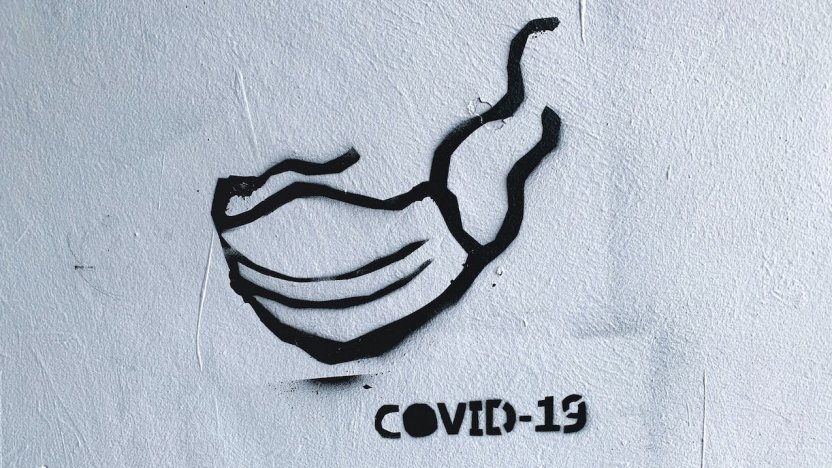COVID-19: From branding to product innovation

The full impact of COVID-19 on businesses, individuals and world economies is still unknown, but where some see challenges, others see opportunities or chances to help, as Novagraaf's Vanessa Harrow explains.
Trademark applications can tell you a lot about political, social and economic situations, and the COVID-19 crisis is no different. From opportunistic registrations to brand owners and manufacturers trying to do their little bit to help, the pandemic has impacted businesses and individuals in myriad ways.
Spreading the message – through branding
As experts around the globe continue to explain the importance and benefits of social distancing in stemming the spread of COVID-19, many global brands have looked for ways to help.
Brand owners, such as Coca-Cola, Nike, McDonald's and Audi, have temporarily redesigned their logos to include a reference to social distancing and to help promote the message that we need to come together by staying physically apart. While they have been criticised by some as opportunistic, the power of a brand and the ability to use that brand to help promote such an important message, should not be undervalued at such a time of crisis.
Companies should consider that it is not always advisable to register a redesigned logo as a trademark, unless it is considered a permanent addition to the business's branding or it is substantially different from the business's existing rights.
Opportunistic applications
Unsurprisingly, there have been numerous applications for marks consisting of or containing words such as ‘COVID-19’, ‘Corona’ and ‘Coronavirus’ worldwide. In addition, there have been more than 20 opportunistic applications in the US for marks consisting of, or containing, the phrases ‘social distance’ or ‘social distancing’.
These applications cover a wide range of goods and services, including clothing, beer, card and other party games, CBD products, photography services, fitness services, medical products and services, and even DJ and entertainment services.
Of course, it is doubtful that any such applications will be accepted for registration. Not only are there questions around public policy/morality for such trademark applications, but the new wave of ‘social distance’ themed marks are likely to face objections on the basis that the marks are not capable of functioning as a trademark.
The essential and traditional function of a trademark is to act as an indication of trade origin, and descriptive, laudatory and/or common phrases are not generally protectable as trademarks.
Building brand reputation by doing the right thing
Meanwhile, many brands with manufacturing capabilities have stepped up to help medical facilities by producing essential medical supplies, from protective equipment (PPE) to ventilators, and from sanitisers to disinfectant products.
For example, companies such as global fashion brand Chanel are manufacturing facemasks, while luxury goods conglomerate LVMH is manufacturing and providing hand sanitiser free of charge. Similarly, Stock Spirits Group, a leading Central and Eastern European branded spirits producer and Novagraaf client, has taken steps to help the fight against COVID-19, announcing on 25 March that it had produced and donated 90,000 bottles of hand sanitisers to the Czech government and retail sector.
Craft beer maker BrewDog has also switched some of its production capacity to focus on producing hand sanitiser, but has gone one step further and developed its own brands for the new products: ‘Brewgel and ‘Punk Sanitiser’. The development of new sub-brand names invariably poses a number of questions: Is the business looking to monetise the opportunity? Is this a temporary switch of activities or is it something the business sees as being a more permanent addition to its business? Will the business look to protect the trademarks, and would they take enforcement action to prevent others using conflicting IP?
A search of the EU and UK trademark registers suggest that there are currently no applications for the marks ‘Brewgel and ‘Punk Sanitiser’, and a tweet from founder, James Watt, clarified that the hand sanitiser was not created to be sold, but will be given away to those who need it.
In the meantime, for more on COVID-19's impact on the IP sector, visit our dedicated microsite or contact us below.
Vanessa Harrow is a Trademark Attorney and Managing Director – Trademarks at Novagraaf in the UK.